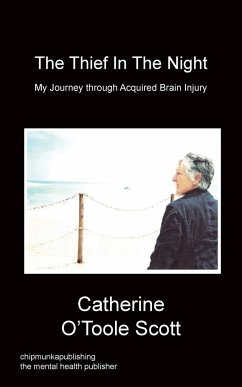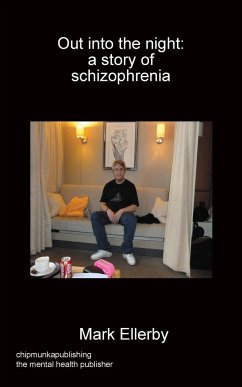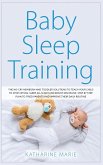Catherine's story is important. It is her narrative, and important for that alone, however it is important for a number of other reasons. It is an honest and candid account of her outcomes following Encephalitis and the impact it has had both upon her and her family. It will help others to feel better understood and less alone. It also demonstrates that the outcomes of Encephalitis, in those likely to be considered mildly or moderately affected in a clinical sense, can in fact find life on a day to day basis extremely difficult and at times hopeless. The labels we rely upon, and to some extent impose upon survivors of this devastating condition can, at times, serve only to confuse and perhaps dismiss their experiences. We have called Encephalitis 'A Thief' for many years at The Encephalitis Society. It robs people of abilities we take for granted every day: thinking, memory, concentration, inhibitions. For some families it robs them of their loved one and even in those families where the person affected survives, it can rob them of the person they once knew. It is my pleasure to know Catherine both as a member of our Society and as one of our dedicated and highly valued regional volunteers. The ability to write is a gift and this book is a gift to the many survivors (and their family members and friends) who will read it and will feel someone does understand, and they are not so alone. I am conscious that the candid way in which this book and its contents have been presented will have left its mark upon Catherine. The process of writing for many people can of course be a therapeutic one and I am sure that its culmination and publication is all part of the recovery journey that forms the central theme of the book. Dr Ava Easton, PhD Chief Executive, The Encephalitis Society








